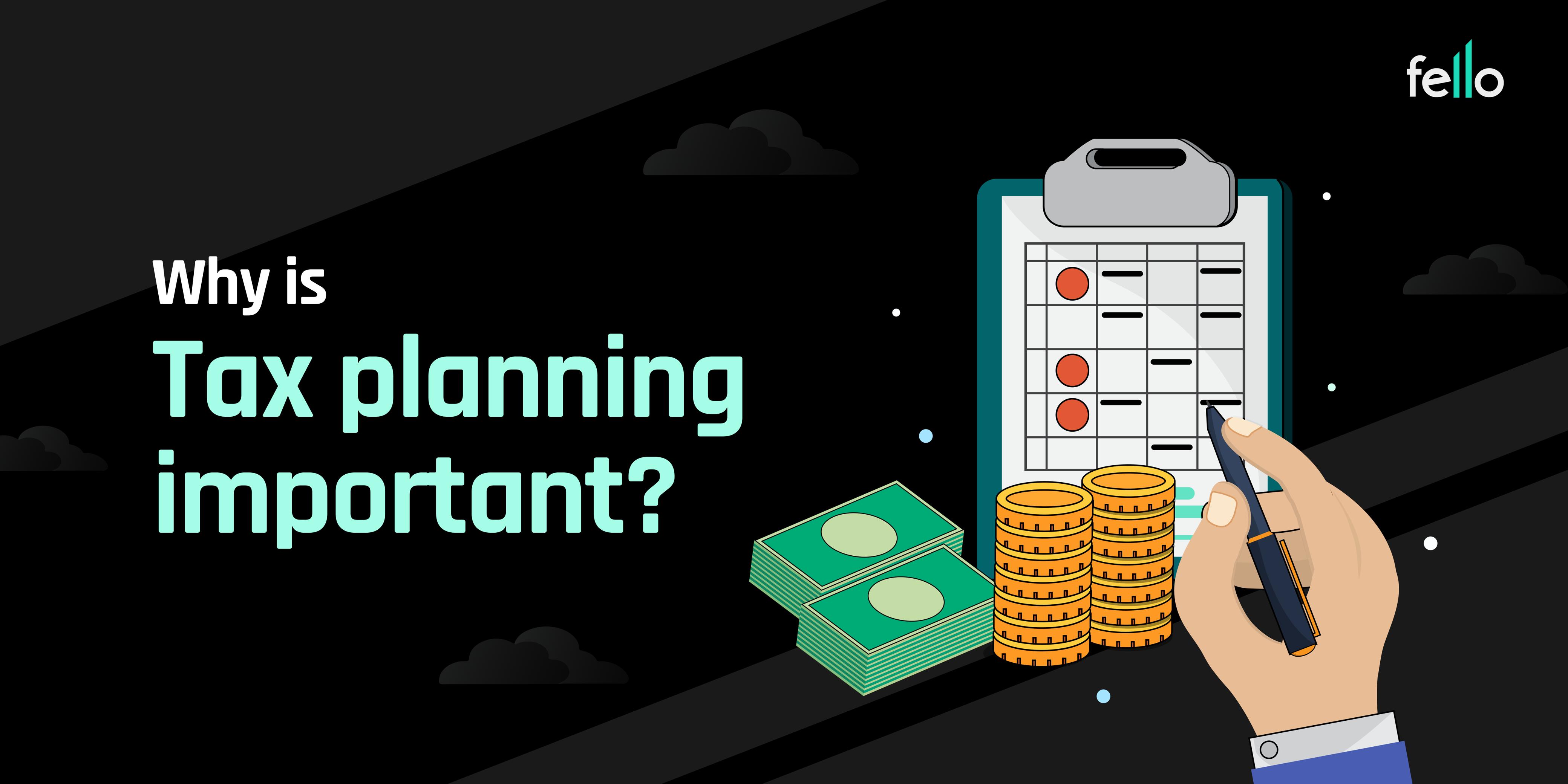While taxes may not be the most exciting topic, they’re a part of life we all have to deal with. In a world where every penny matters, understanding the importance of tax planning can ease financial pressure and help build long-term wealth. Whether you’re preparing for retirement or growing a small business, effective tax planning can make a real difference.
Effective tax planning involves analysing your current financial situation and making strategic decisions that help minimise your tax liability. It takes into account income, investments, deductions, and credits to build a strategy for your specific needs. While we can’t escape either taxes, we can take proactive steps to navigate the complexities, starting with smart tax planning.
Understanding the Importance of Tax Planning
Many people view taxes as a yearly obligation, something to deal with in March or April. But the importance of tax planning lies in what happens year-round. Strategic planning allows you to:
- Reduce tax liabilities legally
- Avoid penalties and late fees
- Improve cash flow throughout the year
- Align your financial decisions with long-term goals
Tax planning isn’t about evading taxes; it’s about managing them intelligently and using available tools and incentives to your advantage.
Key Objectives of Tax Planning
A strong tax strategy serves more than one purpose. Here are the core objectives of tax planning:
| Objective | Purpose |
| Minimise Liability | Reduce what you legally owe through deductions, exemptions, and credits |
| Ensure Compliance | Stay within the rules of the Income Tax Act to avoid penalties |
| Maximise Savings | Make use of tax-saving instruments (like ELSS, PPF, NPS) effectively |
| Plan Investments Smartly | Align investments with your income and goals for better tax outcomes |
| Support Future Goals | Fund retirement, education, or expansion through well-timed tax moves |
Whether you’re salaried, self-employed, or running a business, these objectives of tax planning are central to building and protecting wealth.
This is How a CA Can Help You Save Thousands in Taxes
How to Plan Taxes Effectively
Effective tax planning isn’t one-size-fits-all. Here’s how to plan taxes based on your income and goals:
- Understand Your Income Slabs
Know where you fall in the tax brackets and how that affects your liabilities. - Use Deductions and Exemptions
Sections like 80C, 80D, 24(b), and others can significantly lower your taxable income. - Leverage Tax-Free Investments
Choose options like Public Provident Fund (PPF), Equity Linked Savings Schemes (ELSS), or ULIPs that offer tax benefits. - Plan for the Long Term
Spread investments over the year to manage cash flow and avoid rushed decisions at year-end. - Consult a Tax Professional
A Chartered Accountant or financial planner can help you optimize your approach based on changing tax laws.
Advantages of Tax Planning for Individuals and Businesses
The advantages of tax planning go beyond saving money. Here’s what you gain:
- Peace of Mind: Knowing you’re compliant and covered gives confidence
- Increased Liquidity: Saving on taxes means more money for investments or expenses
- Financial Growth: Tax-efficient investments compound wealth faster
- Business Efficiency: For companies, tax planning improves bottom lines and supports expansion
Ultimately, the smarter you are with tax planning, the more you retain—and the more you can reinvest.
Refer to Selecting the Right CA: A Guide for Your Income Tax Needs
Why Businesses Should Prioritise Tax Planning
For startups, SMEs, and even large companies, tax planning plays a key role in strategic growth. It ensures:
- Proper allocation of capital
- Compliance with complex GST and TDS requirements
- Eligibility for deductions under various business-specific provisions
- Preparation for audits and regulatory scrutiny
Businesses that make tax planning a quarterly—not annual—activity gain a huge edge over competitors.
Common Mistakes in Tax Planning
Avoiding the following missteps can enhance your tax strategy:
- Leaving planning to the last quarter
- Ignoring updates in tax laws
- Overinvesting just for the sake of deductions
- Not reviewing tax-saving instruments annually
- Not factoring in major life events (marriage, home purchase, kids, etc.)
Being proactive and not reactive is the key.
Final Thoughts
Understanding the importance of tax planning is not just about paying less tax, it’s about planning your entire financial life smarter. With a proper strategy, you gain more control, more clarity, and more confidence in your financial future. Plan early, and make tax planning an ongoing habit not a last-minute scramble.

